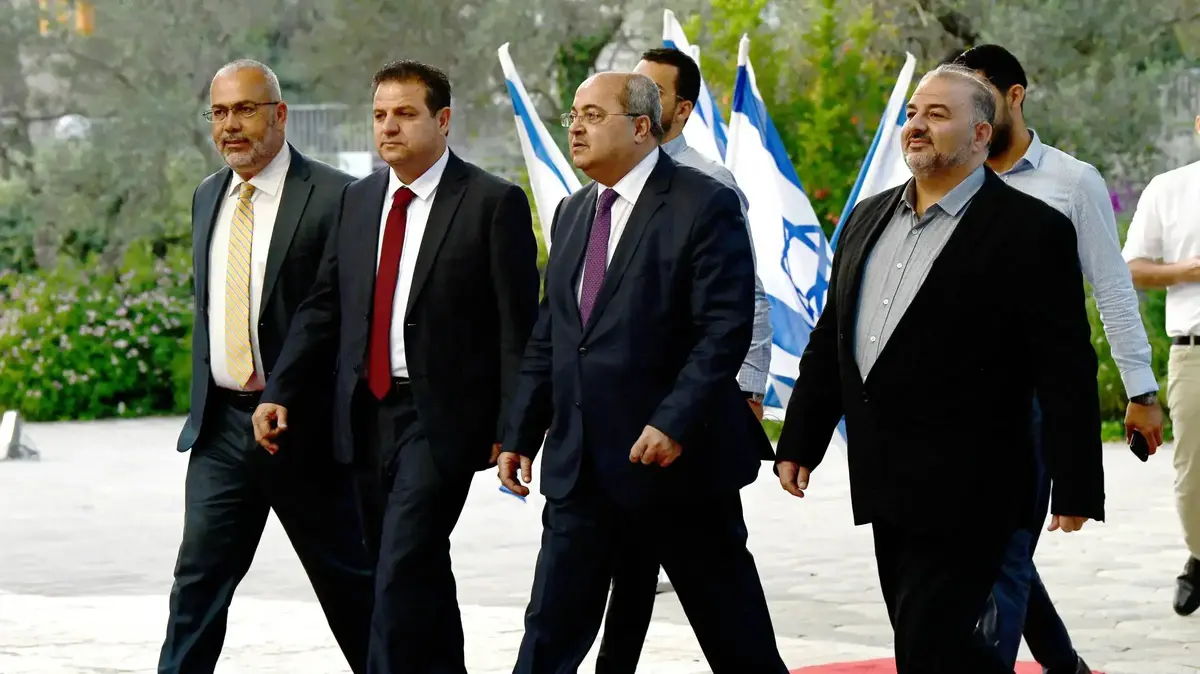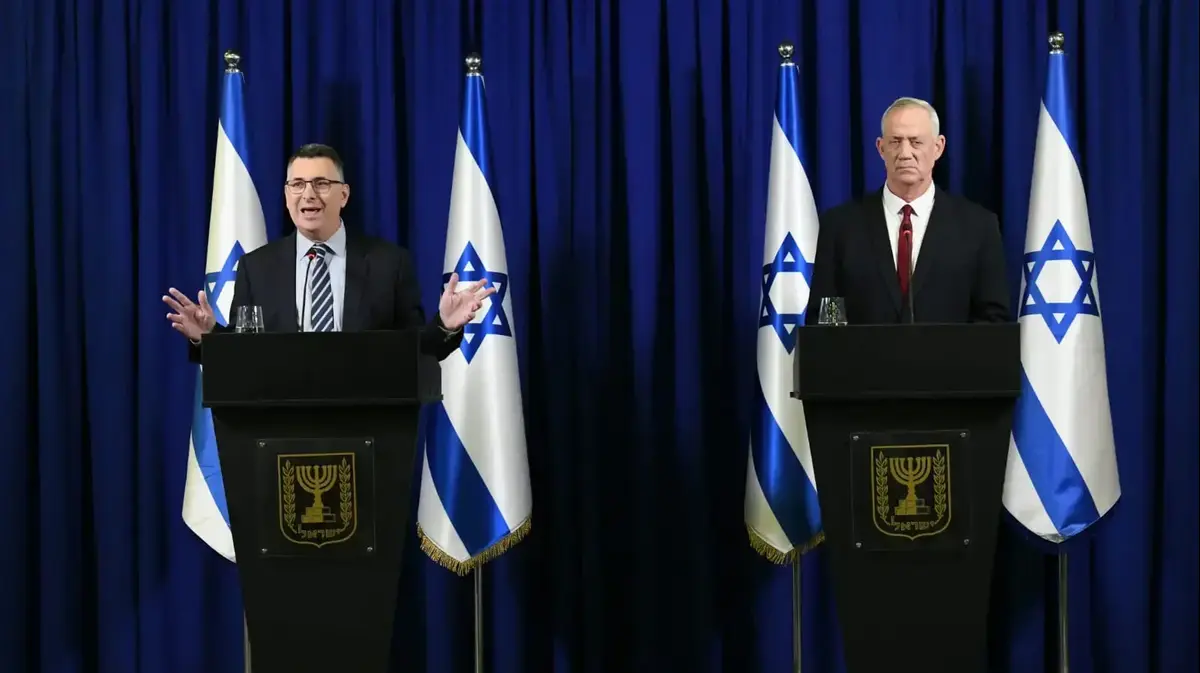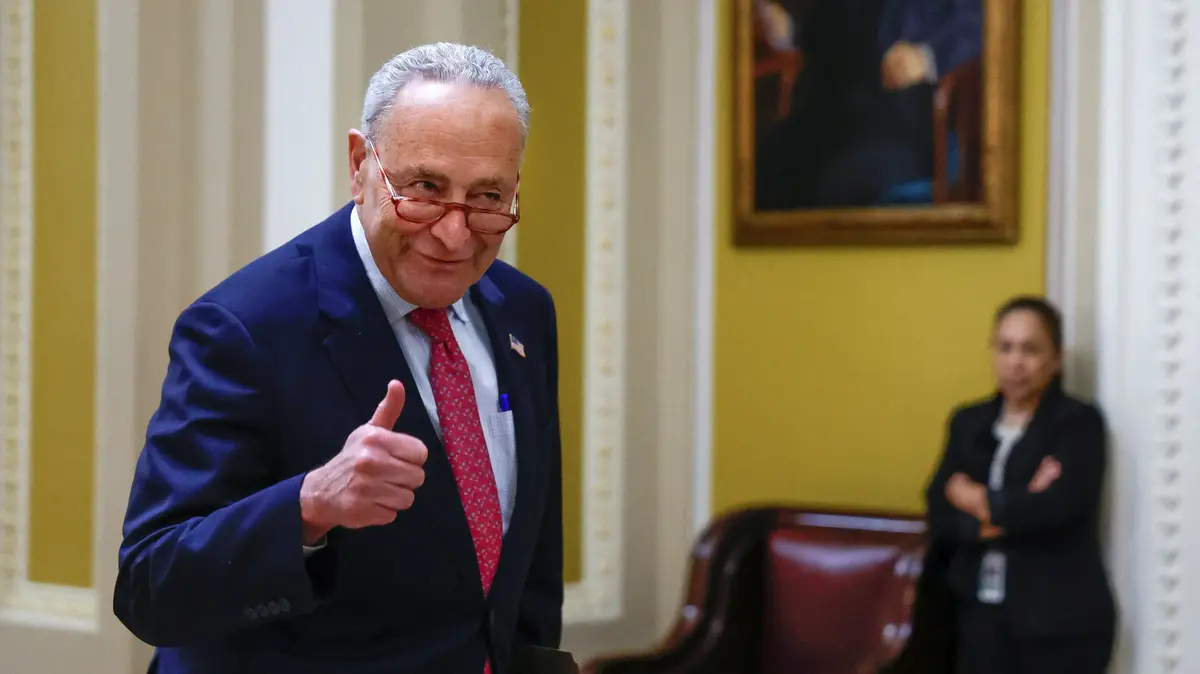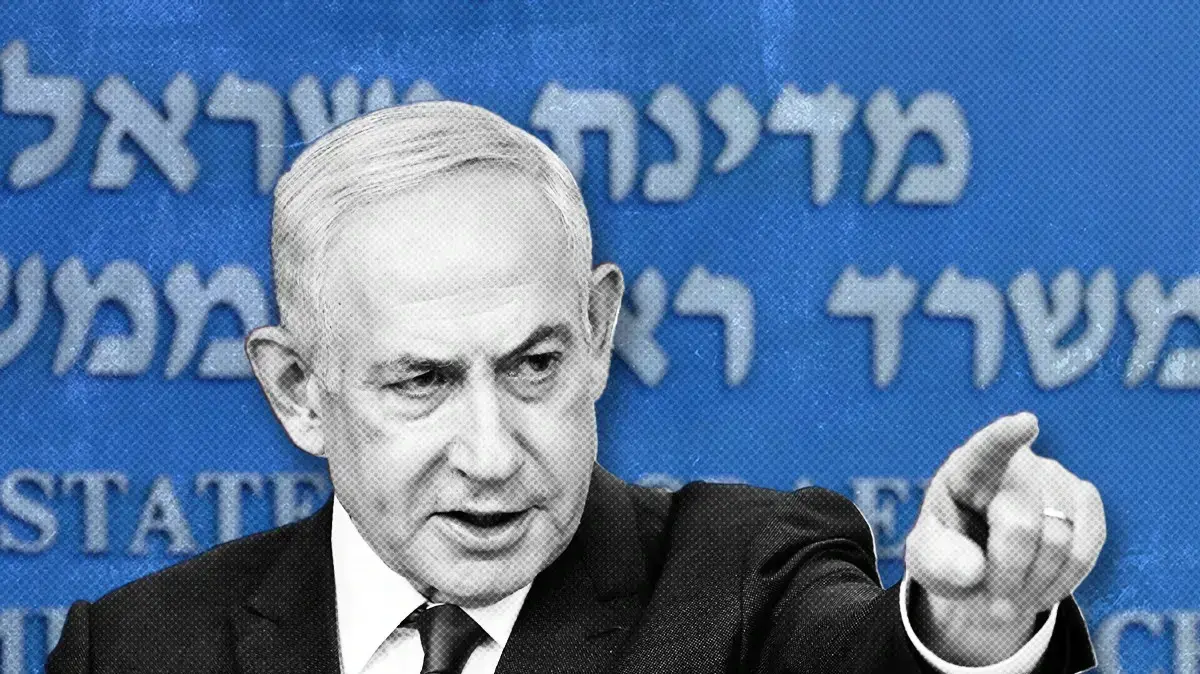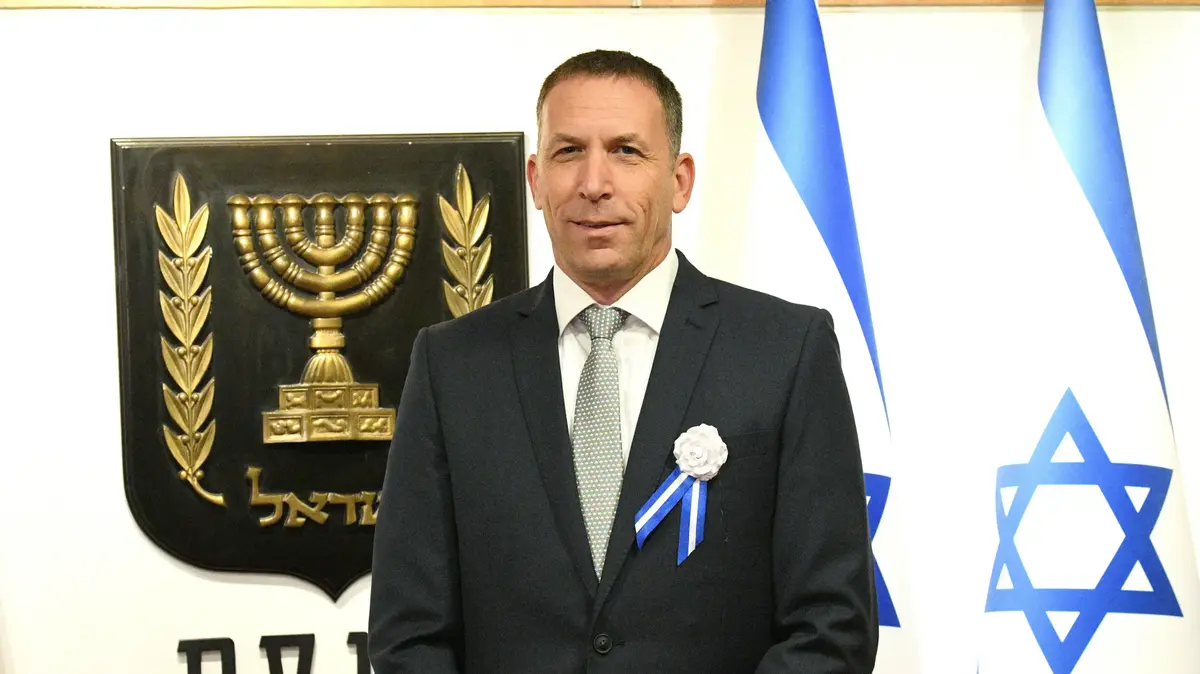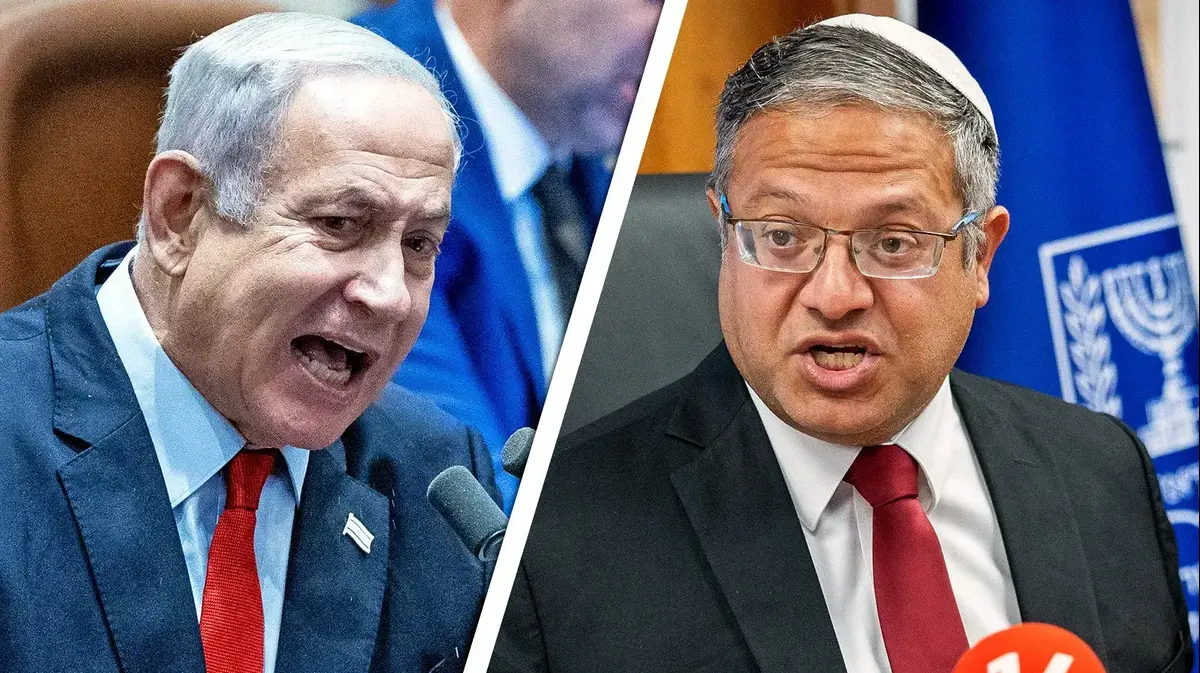"Gantz has no government without the joint"? Netanyahu also knew how to close a deal with the Arab MKs
From the Blue and White Minority Initiative through the ultra-Orthodox struggle in the draft law to the Likud's gas outline: Collaboration with the joint list is an unusual thing in the campaign's fervor, but when decisive votes are at stake, the Knesset's fingers are fingers for everything for everyone. Full Deal Map
"Gantz has no government without the joint"? Netanyahu also knew how to close a deal with the Arab MKs
Photo: Knesset channel, Edit: Amit SimchaIn the days when the Likud is doing its best to crown Benny Gantz as someone who is about to form a government with MK Ayman Odeh and Ahmed Tibi, the political memory tends to be short. While the right is trying to label future blue-white cooperation with Arab MKs as an exception, in fact The ongoing work of the Knesset is a matter of routine, and even the coalition headed by it in recent years has been able to negotiate with the members of the joint list when they needed their support for decisive votes in the Knesset.
In addition, as Israeli House Speaker Avigdor Lieberman has rallied for several months, there is an informal political alliance between Arab MKs and ultra-Orthodox MKs, whose recent income cooperated with chapters and succeeded in finding overlapping interests. The Arab Oceans are considered to be the favorite partners of coalition members who want to be free of votes and debates in the plenary, and in return, they periodically succeed in promoting various requests and inquiries in the various government offices. In the heat of the election campaign, the Arab MKs are a convenient object for negative campaigns, but as parliamentarians, their fingers are fingers for everything. So let's get organized in the cooperation map.
More in Walla! NEWS
Gantz v. Netanyahu: "When the trial begins, he will not be able to run the state" Surveys after the publication of the "century deal": Leading blue and white, no change in chunks Election committee rejected MK Hiba Yazbak's candidacy for the 23rd Knesset Where real estate can still be purchased Yield in Israel at a reasonable price? Promoted ContentOn the way to a meeting at the President's house. Joint List Faction in September (Photo: Reuven Castro)
Joint List Faction in Consultations at President's House, September 22, 2019 (Photo: Reuben Castro)
Blue and White: Minority Government Initiative
After the September elections, the joint list took a semi-historic step: After more than 20 years in which the Arab MKs sat on the fence and did not express a position on the identity of the Israeli prime minister, the joint reached the state president and recommended Blue and White chairman Benny Gantz , As a government assembly candidate. Not all the members of the list stood behind the recommendation of the Zionist candidate - the BLD opposed the recommendation - and so, Gantz had 54 recommenders compared to Netanyahu's 55 who accepted the first prime minister's mandate, and failed. When the mandate was passed to Gantz and he began efforts to assemble the government, he held one meeting with The heads of the joint, as part of the round he did with all the party leaders, the picture of that meeting currently stars in the Likud campaign, but apart from that official meeting in front of the cameras, the blue-and-white negotiating teams and the joint list were never officially intended.
Starring in the Likud campaign. Gantz with Odeh and Tibi (Photo: Ofek Absalom)
Meeting of Blue and White Chairman Lt. Gen. Bnei Gantz, Chairman of the Joint List MK Ayman Oda and Chairman of the Joint List, MK Ahmed Tibi, Kfar Maccabiah, October 31, 2019 (Photo: Photo: Ofek Absalom, official website)
Behind the scenes, feverish contacts were held by some blue-and-white seniors with Arab MKs to form a minority government in support of them - but not as full government partners but only for government approval in the first Knesset vote. Among other things, the possibility of forming a government with 44 members - white paint, was considered. The work-bridge and the Democratic camp, which together with the support of the 13 members, would have reached 57, but the establishment of such a coalition was contingent on the abstention or absence of Israeli President Avigdor Lieberman. In the right wing in blue and white, the Talmud party of Moshe Ya'alon, Yoaz Handel, and Zvika Hauser, did not agree with the idea of a minority government in support of Arab MKs and demanded that Lieberman actively support it as a condition for their support during the course of; Lieberman, known for his hostility to the joint list, refused to support a minority government, and at the same time, Likud launched a formidable campaign designed to deter Blue and White from taking the plunge, and ultimately the attempt thwarted and fell.
Likud: From the gas outline to the state comptroller
Since the 2015 election, in which Netanyahu warned of "the gushing Arabs," the relationship between the ruling party and the joint list has been characterized by a frequent public confrontation, which culminated before the September election in the heated debate over camera law. However, in between elections, Likud also developed a regular working relationship with the Arab MKs, which also included political negotiations. In September 2015, when the government tried to approve the gas outline in the Knesset, Netanyahu tried to advance a deal with Ahmed Tibi: transferring NIS billion to the sector A week before bringing the outline to the Knesset vote, Netanyahu even met with the joint heads to discuss budgetary requirements, so that he, too, has a souvenir picture, even though the contacts were blown up, after Tibi demanded legalization Illegal as part of the proceeds of the vote.
A few months later, the Netanyahu-led government approved the Five Year Plan for the Arab sector, a huge plan totaling more than NIS 15 billion. The plan was formulated by the Ministry of Finance and the Ministry of Social Affairs, and the Arab MKs did not have a leading political role in formulating the decision, but they were part of the decision-making process.
Attempts to promote a deal. Netanyahu and members of the joint list in 2015 (Photo: Amos Ben Gershom, GPO)
PM Benjamin Netanyahu with Members of Joint List, August 31, 2015 (Photo: Amos Ben Gershom, Government Press Office)
After the April 1 elections last year, the axis of cooperation between the Likud and the Arab MKs was renewed again, during which elections were contested by two separate parties - Hadash-Ta'al and PM-Balad. All Arab MKs supported the dispersal The 21st Knesset, but even earlier, senior Likud members appealed to the PMO members and tried to enlist the support of both MKs on their behalf in establishing the right-wing government. Recall that Netanyahu had a coalition of only 60 MKs, and he was debating whether to form a minority government or dissolve the Knesset, and a number of senior officials on his behalf were sent to Prime Minister Mansour Abbas to see if a deal could be closed to support or abstain from voting for the establishment The government is plenary in exchange for budgets for the Islamic Movement, thawing sections of the Five Year Plan, recognition of unrecognized villages in the Negev, and more.
More in Walla! NEWS More in Walla! NEWSWalla poll! NEWS: Only about one-third of the public supports unilateral annexation of the Jordan Valley
To the full articleAmong other things, MK Abbas is holding talks with MK Mickey Zohar, Netanyahu's associate Nathan Eshel, and a senior minister, whose identity has not yet been revealed. Eshel also wrote two newspaper articles in those days in which he called on the right to reopen the axis to the Arab public and to integrate it with the state's leadership. Ultimately, Netanyahu decided to dissolve the Knesset, and all Arab MKs voted in favor of the decision, although they had the opportunity to oppose and thwart the move. A few weeks later, the PM's Likud deal apparently matured and allowed Netanyahu's nomination for office State Comptroller in Knesset Voting While the vote was secret, it was decided by two votes from the opposition, attributed to the votes of the PM, although both Likud and the PM deny there was such a deal.
The Arab-Haredi Deal: From the Law of Recruitment to the Law of Mouzin
Last November, when the Likud was at the height of the campaign against Gantz and Ayman Odeh's theoretical minority government, he accused Arab MKs of "wanting to destroy the country", but the joint list received a warm embrace from Netanyahu's partners in the rightist bloc - the ultra-Orthodox faction. Finance Minister MK Moshe Gaffney opened one of the committee's meetings with a surprising appeal to Ahmed Tibi and thanked him for "the cooperation we have all along." Immediately joined by Geffen's blessings was MK Yanon Azulay, who said: "With The common list has always been collaboration and more can always be done. "
Ongoing political dialogue. Tibi and Gaffney (Photo: Miriam Elster, Flash 90)
Moshe Gaffney and Ahmed Tibi, Knesset, May 7, 2012 (Photo: Miriam Elster, Flash 90)
The two most prominent examples of the Haredi-Arab axis in the Knesset in recent years have been around the Law of Recruitment and the Mouzin Law. The Arabs, who do not vote in principle on recruitment issues, in 2018 embarked on a joint deal with the ultra-Orthodox factions, stating that they would be absent from the plenary when voting on the law on first reading, to allow the law to pass despite the ultra-Orthodox opposition without risking overthrowing the government. In return, the ultra-Orthodox torpedoed the mouzin law that the Likud and the Jewish House promoted in those days in the Knesset. In coordination with the Arab MKs, the ultra-Orthodox factions also raised difficulties in promoting the national law and demanded to change the section that stipulates the Hebrew language in the law. Israel's opposition to our home, but the Arabs refused - because of the ultra-Orthodox support for the muezzin law in pre-reading. After a few weeks, Tibi and Gaffney aligns with each other, the parties return to cooperate, and act on the law of recruiting and muzzling in the intersection of interests.
Israel's propaganda campaign focuses on revealing the "Arab-Haredi Deal", but no one is trying to hide this cooperation. In recent years, both parties have engaged in ongoing political dialogue, embroidered deals in the Knesset, and have together halted laws whose approval might have harmed the population they represent. According to the ultra-Orthodox, the attempt to create an image of "secret deals that close in rooms" is part of a delegitimization campaign aimed at blackening them in the Israeli public, and they call it "cooperation that is part of routine political conduct."

